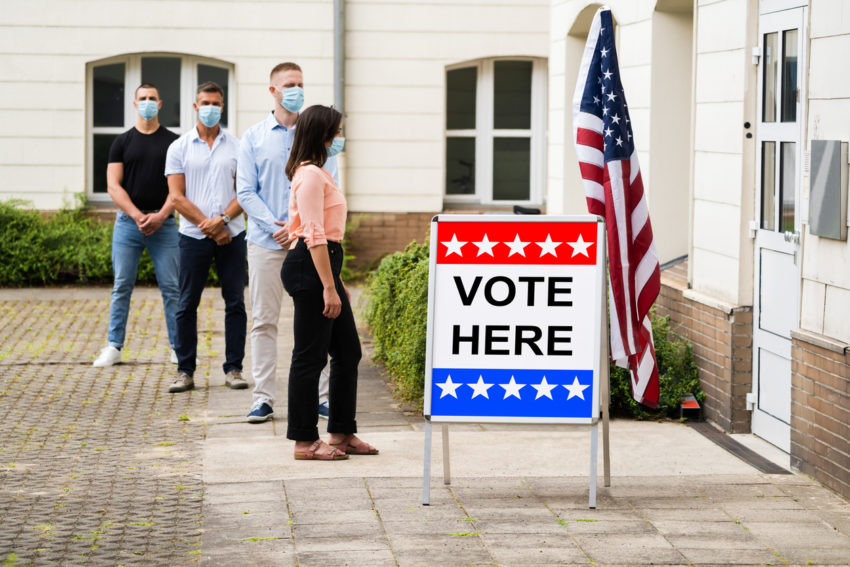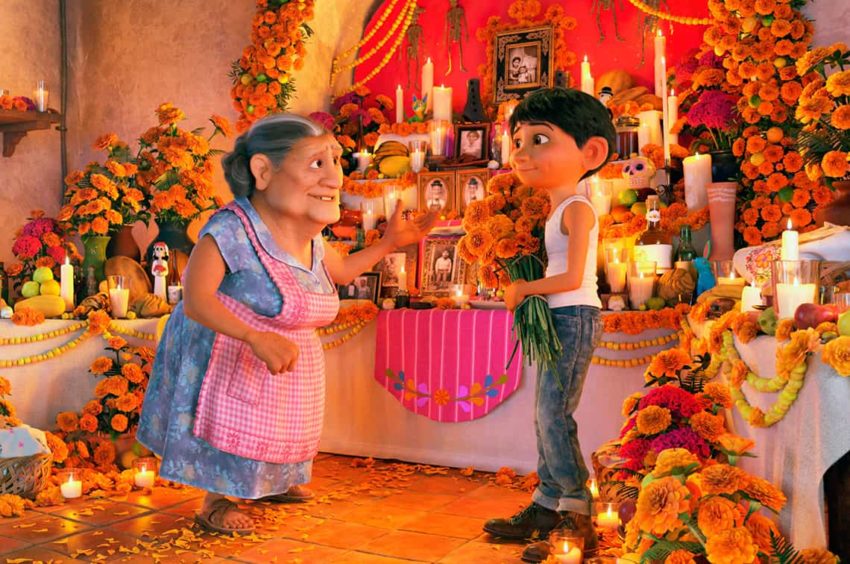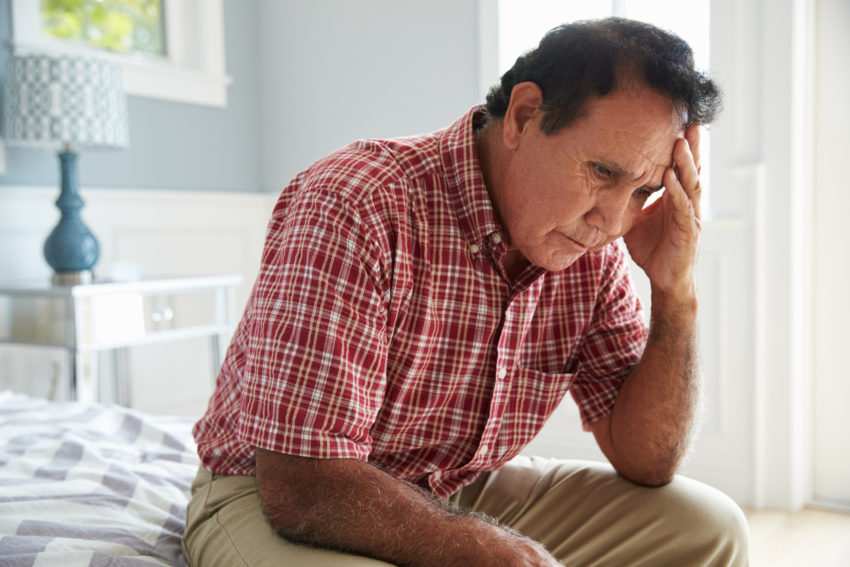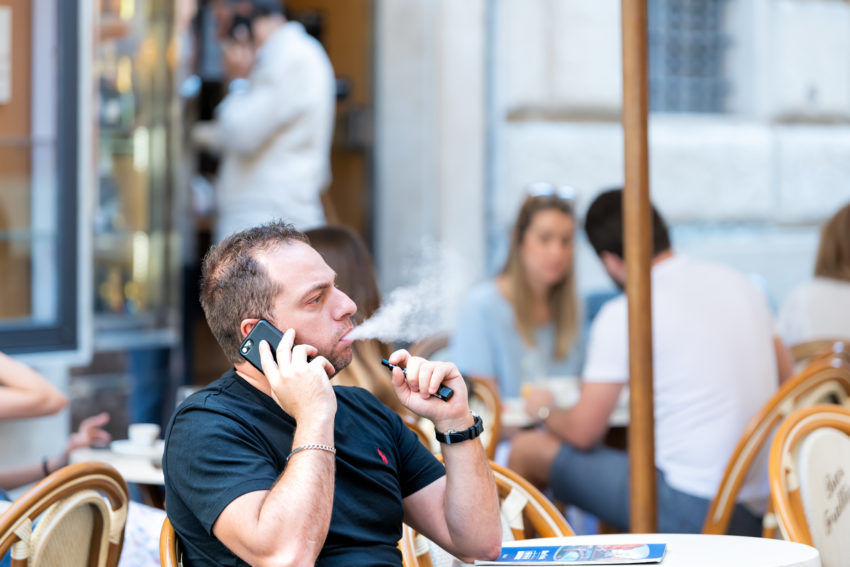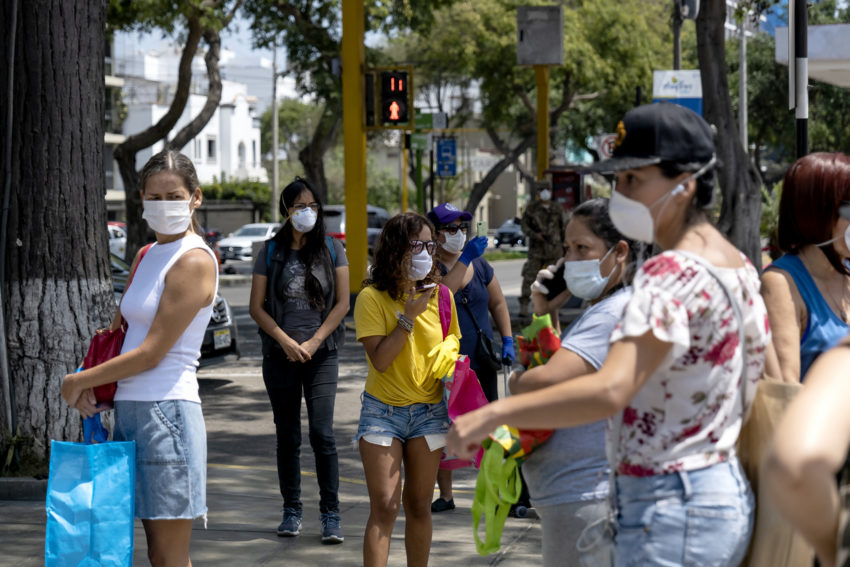#SaludTues Tweetchat 11/10: Let’s Celebrate Our Caregivers!

8 million people are leaving the workforce to take care of elderly family members. These caregivers will enter an extremely high-stress situation. Latino caregivers may spend more hours a week meeting their sick relative’s needs, than caregivers from other ethnic groups. For National Family Caregivers Month in November, let’s use #SaludTues on Tuesday, Nov. 10, 2020, to tweet about how we can address the problems and solutions to help caregivers! WHAT: #SaludTues: Let's Celebrate Our Caregivers! TIME/DATE: 1-2 p.m. EST (Noon-1 p.m. CST), Tuesday, Nov. 10, 2020 WHERE: On Twitter with hashtag #SaludTues HOST: @SaludAmerica CO-HOSTS: @UsA2_Latinos, @DiverseElders, @VocesenSalud, @SAresearch, @AlzheimersLA, @Wellmedgives Special Guest: Ernesto Quintero ...
Read More

